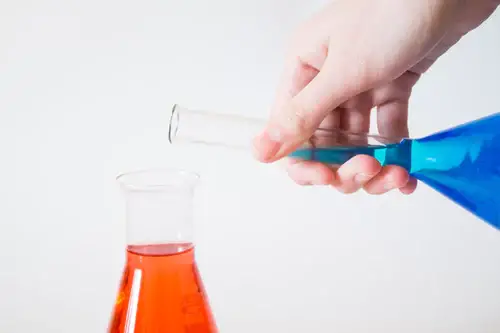Life can get the best of all of us at some time or another, it’s just a fact that you can’t win every battle. How we cope with the stresses of modern life can be just as damaging.
This is how people can find themselves in the throes of addiction and it’s typically not a pretty scene. Many people fault addicts for lacking willpower or thinking they have the wrong priorities, and while there is an element of conscious effort, those people are underestimating the serious chemical changes that have occurred in the brain. When someone is addicted to drugs the very architecture of their thought processes gets hijacked, which can result in some very out of character behavior. It’s not to say that drug addicts shouldn’t be held accountable for their actions, but the power that drugs have over our brain shouldn’t be underestimated.
It’s a matter of Neurotransmitters
Our entire consciousness, which includes our moods and desires, are controlled by the flow of chemicals inside our brains referred to as neurotransmitters. There are thousands of different neurotransmitters, but when it comes to substances of abuse the most often talked about neurotransmitters are serotonin, dopamine, and norepinephrine. Whenever we do something pleasurable, like receiving a good hug or eat some delicious food, some dopamine is released in the brain to reward us for this behavior. And when it comes to substances such as heroin, the effect is amplified greatly. The thing with heroin abuse is that since it is a very euphoric drug, it is very easy for one to find themselves in the hole of dependence. Using any drug is a very slippery slope.
You see, first, the brain gets a huge hit of these desirable Neurochemical that the brain interprets as highly rewarding behavior and floods with feel-good chemicals. This reinforces taking the drug as a means to recreate this highly pleasurable rush. The thing is, the brain slowly becomes more and more acclimated to the drug and this changes how many pleasures-causing Neurotransmitters are released or how well they are utilized in the brain. So, the addict now must use more drugs to achieve the same effects they became addicted to in the first place.
The Ramifications
Once the person is sufficiently addicted, it will get to the point where the drug isn’t nearly as pleasurable as it once was, but the brain has become acclimated to having the drug around. Since the drug produces such pleasurable feelings the brain allows the drug to do the heavy lifting with neurotransmitters and begins to stop making its own at the same rate it used to. When the drug is discontinued, the brain cries out for the drug because it has shut down a lot of its own behavioral reward system, the process of getting off a drug is allowing the brain to learn how to function without the drug. So, this is why addicts can find themselves in some questionable situations where things like their finances, future, and family take a back seat to their desire for drugs. The brain has been rewired by the substance to make sure it always has a place to call home.
That should bring a little insight into the mind of an addict and how they have undergone biological changes that have resulted in their addiction. Since it has a measurable, physical component that’s mediated by neurotransmitters, it is not just about mind over matter. That’s why rehab centers go for a comprehensive plan that helps to slowly inch out the drug’s hold over the brain of the addicted person. In the end, it’s always possible to make at least a partial recovery, but it isn’t always easy.


